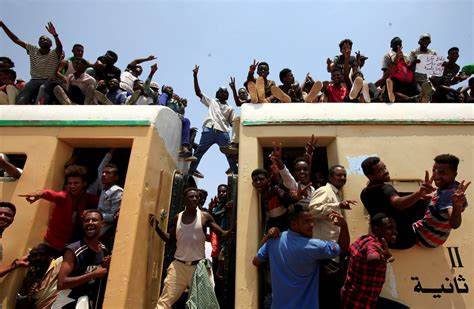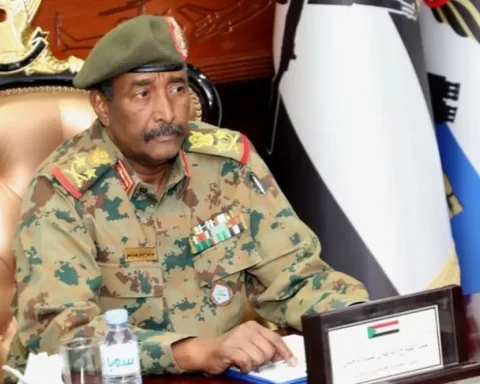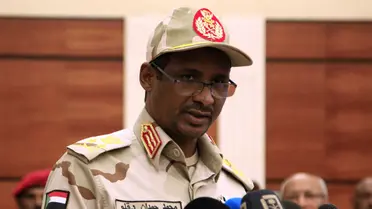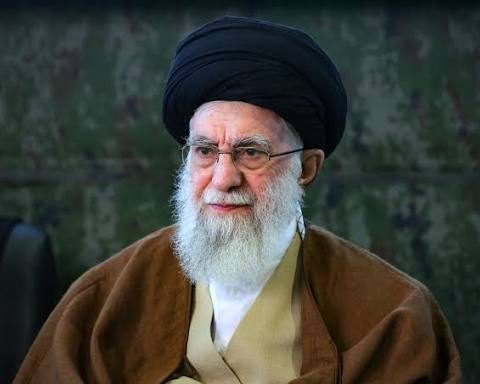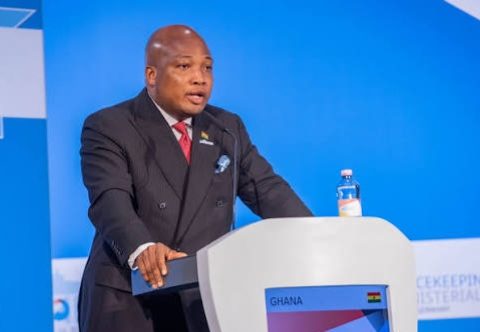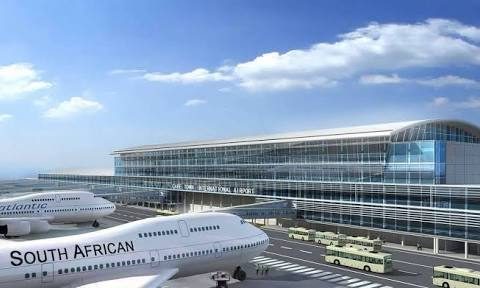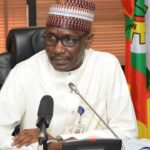Sudan’s economy has dropped by 40 per cent and is expected to contract further by 28 per cent in 2024.
According to the Finance minister, Gibril Ibrahim, it was caused by the ongoing military conflicts in various parts of the country.
Join our WhatsApp ChannelIbrahim stated that the battles have severely damaged the nation’s infrastructure, public buildings, private residences, and property and that Sudan’s economy is currently going through the worst time in its history.
READ ALSO:
- Sudan Conflict: Fighting Rages As Factions Fail To Honour Cease-fire Extension
- Sudan Conflict Is ‘World’s Fastest-growing Displacement crisis’, UN Official Warns
The finance minister said there has been a more than 80 per cent decline in state revenue, adding that the capital city of Khartoum has suffered the most severe damage, and therefore making the government think of creating an alternative capital.
“As the backbone of Sudan’s economy, the industrial sector has been severely damaged by the conflict. Infrastructure like roads and supply chains have been damaged which impeded foreign trade and export. Bilateral trade between Sudan and neighboring countries such as Libya and Chad has slumped dramatically. But the financial system was worst hit which caused a liquidity crunch in banks and triggered systemic risks,” said Rasheed Ibrahim, a Sudanese economist.
On April 15, 2018, a civil war broke out in the Sudanese capital of Khartoum between the Sudanese army and the Rapid Support Forces. The fighting severely damaged Sudan’s infrastructure, health care system, and economy, and thousands of people were forced to flee their homes.
The UN Office for the Coordination of Humanitarian Affairs reported in its most recent situation report that since the outbreak, around 8.1 million people have left their homes in Sudan. Approximately 6.3 million of the displaced were inside Sudan, while an additional 1.8 million had fled to neighboring nations.
UN estimates put the number of individuals who have died in the fighting at 13,900.


